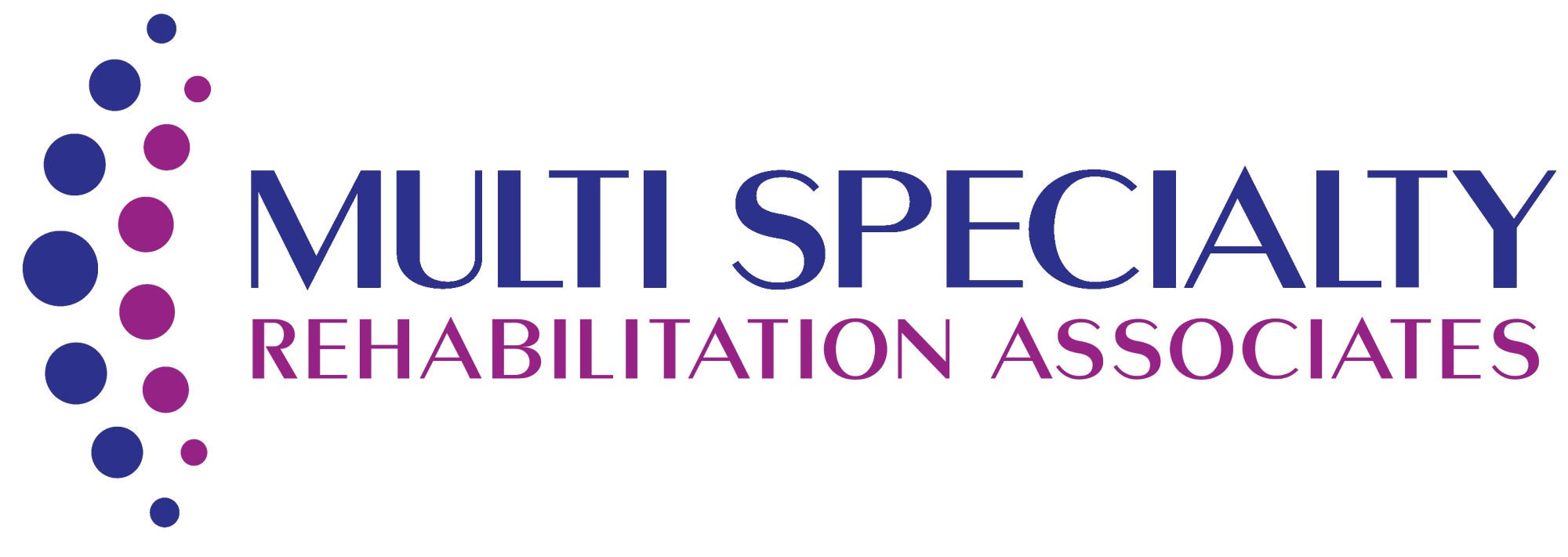(FAQ) About MRI
What is an MRI?
MRI (Magnetic Resonance Imaging) is a non-invasive imaging technique that uses strong magnetic fields and radio waves to create detailed images of the organs and tissues inside the body. It helps doctors diagnose and monitor various medical conditions without the use of radiation.
How does an MRI work?
MRI uses a powerful magnet to align the hydrogen atoms in your body. Radio waves are then used to disturb this alignment, and as the atoms return to their normal state, they emit signals. These signals are captured and processed by a computer to create detailed images of the body’s internal structures.
What conditions can an MRI diagnose?
MRI is commonly used to diagnose and assess:
- Brain and spinal cord conditions (e.g., tumors, strokes, multiple sclerosis)
- Joint and musculoskeletal injuries (e.g., ligament tears, arthritis)
- Heart and vascular diseases
- Tumors and cancers
- Abdominal and pelvic conditions (e.g., liver, kidneys, reproductive organs)
- Soft tissue damage and other internal abnormalities
Is MRI safe?
Yes, MRI is considered very safe since it does not use ionizing radiation like X-rays or CT scans. However, because it uses strong magnets, people with certain metal implants (e.g., pacemakers, cochlear implants) may not be eligible for an MRI. Always inform your doctor about any medical devices or implants before the scan.
What should I expect during an MRI scan?
You will lie on a movable table that slides into a tube-like MRI machine. The procedure is painless, but the machine can be loud, so you may be given earplugs or headphones. It’s important to remain still during the scan to ensure clear images. Most scans last between 30 to 60 minutes, depending on the area being examined.
What is the difference between an MRI and a CT scan?
MRI uses magnetic fields and radio waves to create detailed images of soft tissues like muscles, ligaments, and the brain.
CT scans use X-rays to capture detailed images of bones, organs, and other structures. MRIs are generally better for soft tissue imaging, while CT scans are often used for quick imaging of bone fractures, lung conditions, and internal bleeding.
Do I need to prepare for an MRI?
In most cases, no special preparation is required for an MRI. However, if your MRI involves the use of contrast dye, you may need to avoid eating or drinking for a few hours before the scan. You should also remove any metal objects (e.g., jewelry, watches) before the procedure.
What is MRI contrast dye, and is it safe?
Contrast dye, typically gadolinium-based, is sometimes injected into a vein to enhance the visibility of certain tissues or blood vessels on the MRI images. It is generally safe, but in rare cases, people may experience allergic reactions. If you have kidney problems or allergies, let your doctor know before the scan.
Will I feel claustrophobic in the MRI machine?
Some people feel claustrophobic inside traditional MRI machines due to their enclosed design. If you are concerned about this, you can request an open MRI, which is more spacious, or speak to your doctor about mild sedatives to help you relax during the scan.
Can I move during the MRI scan?
It’s important to stay as still as possible during an MRI to avoid blurry images. The technician will provide instructions on when you need to remain still. If you feel discomfort or need a break, you can alert the technician using an intercom system.
How long does an MRI take?
The duration of an MRI depends on the area being scanned, but most scans last between 30 to 60 minutes. Some may take longer if multiple areas need to be imaged.
Can I eat and drink before an MRI?
For most MRI scans, you can eat and drink normally before the procedure. However, if contrast dye is being used or if you’re having an abdominal scan, you may be asked to refrain from eating or drinking for a few hours before the test.
Will I receive my MRI results immediately?
The MRI technician is not able to provide results immediately. A radiologist will review the images and prepare a report, which will be sent to your doctor. Your doctor will discuss the results with you, typically within a few days.
Can I bring someone with me to the MRI?
Yes, you can often bring a family member or friend to accompany you to the appointment. However, they may not be allowed in the scanning room due to the strong magnetic field unless they are screened and approved by the facility.
Is MRI covered by insurance?
Most insurance plans cover MRI scans if they are deemed medically necessary. It’s important to verify coverage with your insurance provider and inquire about any potential out-of-pocket costs before the procedure.

